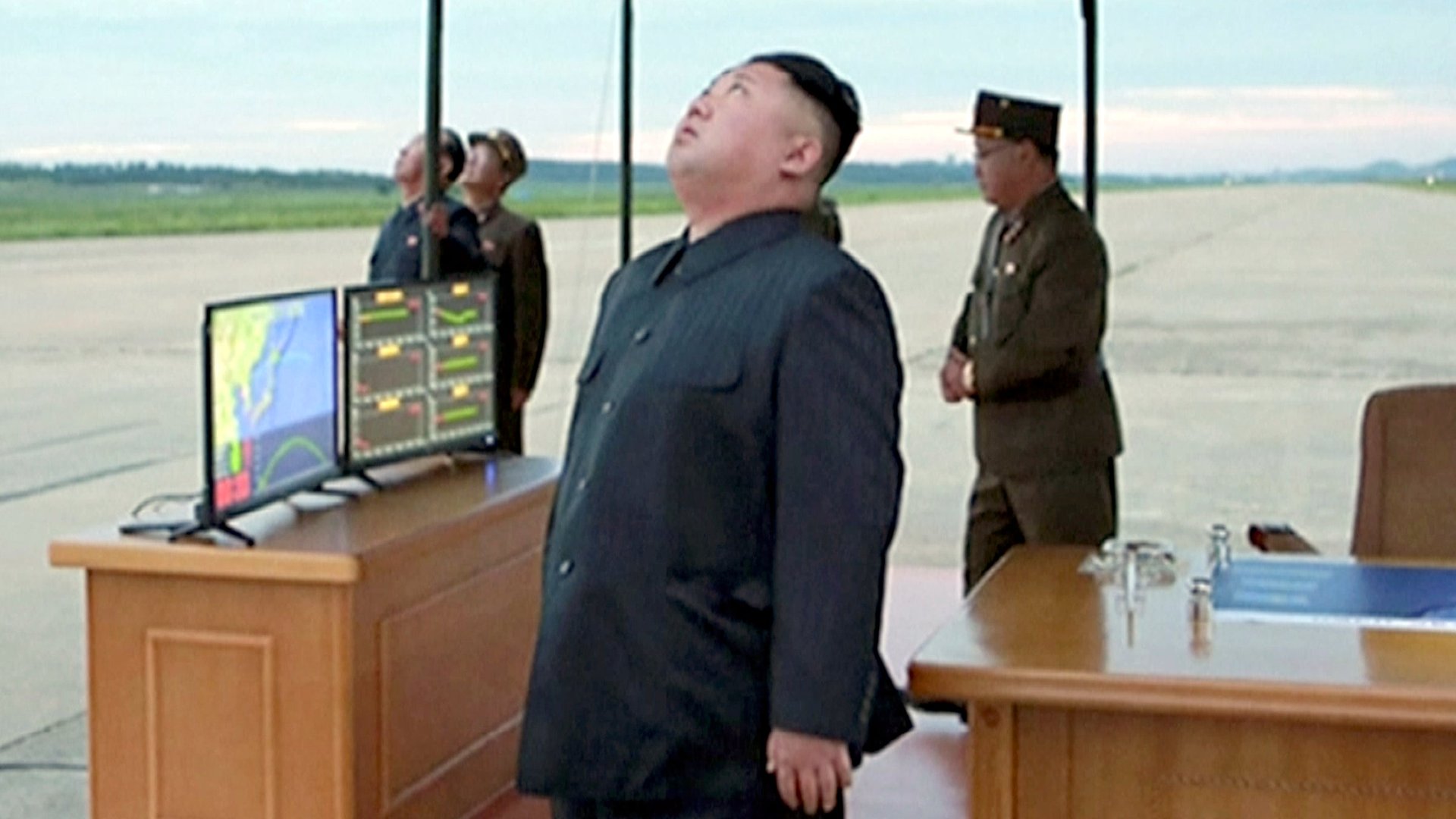Ignoring Trump, North Korea tested another ballistic missile over the Pacific
North Korea hasn’t been deterred by Donald Trump’s bluster, United Nations sanctions or whatever backroom pressure China has to bring. Kim Jong-un wants to see missiles fly over the Pacific, and today one did, per South Korea’s Yonhap news agency.


North Korea hasn’t been deterred by Donald Trump’s bluster, United Nations sanctions or whatever backroom pressure China has to bring. Kim Jong-un wants to see missiles fly over the Pacific, and today one did, per South Korea’s Yonhap news agency.
US officials confirmed the launch, saying they believe an intercontinental ballistic missile was tested, and the Japanese Prime Minister’s office said the missile landed within 200 miles of the island nation’s coast, according to NBC News.
This is the first North Korean missile test since September, but the 20th this year, as Kim’s government ramped up its program to develop nuclear weapons and the tools to deliver them against its enemies. Independent analysts suspect that North Korea now has the ability to launch nuclear weapons at the continental United States, though the US and South Korean governments offer more conservative assessments.
A two month lull in testing was interpreted by some as a sign that diplomatic pressure has been paying off, but missile experts offered more prosaic reasons: Blustery weather makes launches more difficult, and personnel and resources may have been diverted to assist the harvest in a country that faces severe food shortages.
The US has been scrambling to react to North Korea’s missile program, including funding a private company developing small radar satellites to help find and target missiles before they launch. In November, the US military asked Congress for $4 billion in emergency funding to increase up cyber attacks on North Korea and develop new anti-missile counter measures using drones and fighter jets.
In September, the United Nations instituted new sanctions against the country. And after a visit to Asia earlier this month, US president Donald Trump said he worked to unite key regional powers China, South Korea and Japan in isolating North Korea. But his claims were quickly undermined by the Chinese government, which said it would remain open to a “freeze-for-freeze” agreement that would halt both North Korean missile testing and joint US-South Korean military exercises.
Today, it’s clear that North Korea hasn’t been deterred by any perceived unity among the international community. The US has no good military options for preventing North Korea from going nuclear, and it’s not clear whether the State Department, which recently closed down its sanctions coordination office, has the capacity to offer a diplomatic response.